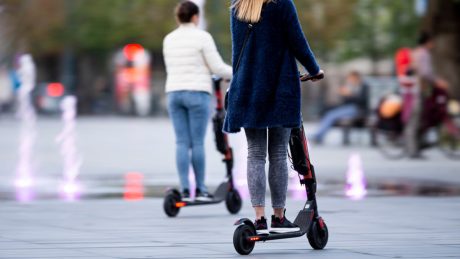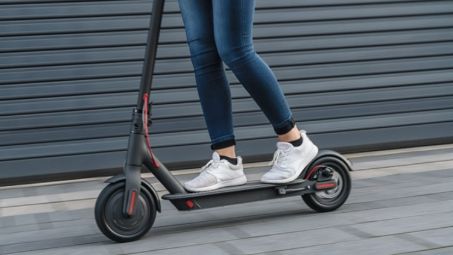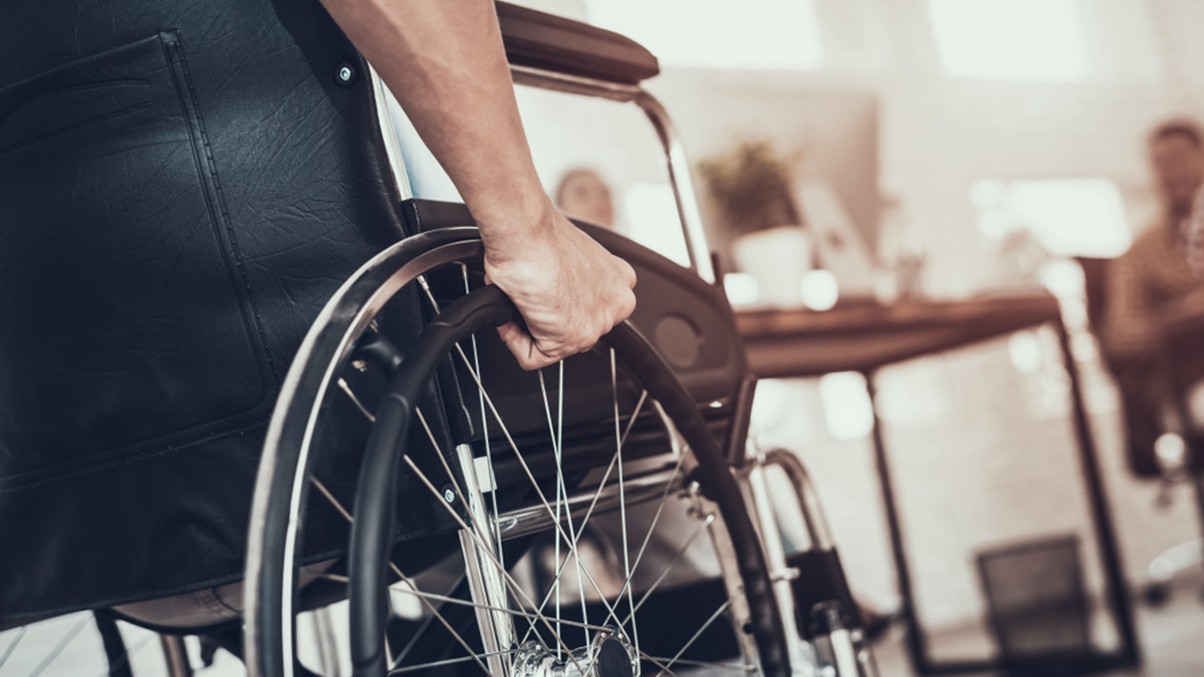Sales of e-scooters have risen dramatically since the UK entered lockdown in March 2020. Commuters are taking advantage of quicker travel with lower emissions, an alternative to public transport and the ability to travel at a safe social distance. One leading retailer has reported a 450 per cent increase in October sales, and global e-scooter sales are forecast to reach £20bn by 2025.
Privately-owned scooters are currently illegal for use on public land. As their popularity soars, concerns grow around public awareness of the legal standpoint on their usage. The Metropolitan Police stops almost 10 e-scooter users each week.
The legal position on UK e-scooters
While it is legal to sell and purchase an e-scooter in the UK for personal use, they cannot be legally ridden on public land (roads, cycle lanes or pavements), unless the e-scooter is part of new trials where road and cycle lane use is permitted.
E-scooter trials and their use within trial zones
In the absence of reliable accident data and figures that draw comparisons to other modes of transport and enable a full understanding of e-scooter safety, trials were brought forward and new regulations allowing rental e-scooter trials came into force in July 2020.
Trials are now ongoing in limited places in the UK, where e-scooter use on road and cycle lanes is permitted.
Current rules which apply to e-scooter riders within designated trial zones are:
- Riders must not use a mobile phone
- Riders must not drive an e-scooter while intoxicated
- Carrying more than one person is not permitted
- Normal rules of careless and dangerous driving apply
- E-scooter users must have a valid UK driving licence
- E-scooters in trials must be governed by a motor insurance policy but this is likely to be covered by the hire scheme company
- Minimum age is 16
- E-scooters can reach speeds of up to 12.5mph
- Current trials categorise e-scooters as a motor vehicle
E-scooters and insurance
With the growing popularity of e-scooters, EAPCs (electrically assisted pedal cycles) and autonomous vehicles (AV), the need for an appropriate legislative and insurance regime which applies to these vehicle types is paramount.
An appropriate insurance regime will protect both riders and victims of accidents involving e-scooters.
Dan Herman, a partner in the Personal Injury department, says:
“Over the last six months, Transport for London has reported record numbers of people cycling in the capital. Last weekend the number of people using bicycles was up almost 300% at high flow sites. With the introduction of e-scooters to UK streets, even more people will be able to move around cities without the need to take public transport. This is an option that is likely to prove popular, particularly during the current pandemic.
“However, these new forms of transport bring both benefits and risks. The public needs to ensure they are familiar with where and when e-scooters can be used. It’s also important that they know whether and to what extent insurance is in place. If an e-scooter user collides with a pedestrian and causes serious injury, they could potentially find themselves liable to pay millions of pounds in damages. Conversely, e-scooter riders will themselves be vulnerable road users. Sadly, we saw the number of cyclists killed on UK roads double during lockdown. Although not compulsory, e-scooter riders should, at the very least, wear a cycling helmet.
“It seems clear that our roads will change significantly in the coming decade with the advent of autonomous or semi-autonomous vehicles, e-scooters and e-bikes. The law is moving with the times and the government has passed legislation to cover new types of vehicles. What remains to be seen is whether these laws are sufficient and whether there are gaps that need to be filled.”
While there are urgent calls for legislation on e-scooter usage in the UK, the lack of consistency on e-scooter legislation across the globe emphasises usage is not clear-cut.
Find out more about the current position on the legalisation and regulation of e-scooters in the UK here.
See further press coverage relating to this story quoting Daniel Herman:
You can find further information regarding our expertise, experience and team on our Personal Injury pages.
If you require assistance from our team, please contact us or alternatively request a call back from one of our lawyers by submitting this form.
Subscribe – In order to receive our news straight to your inbox, subscribe here. Our newsletters are sent no more than once a month.






